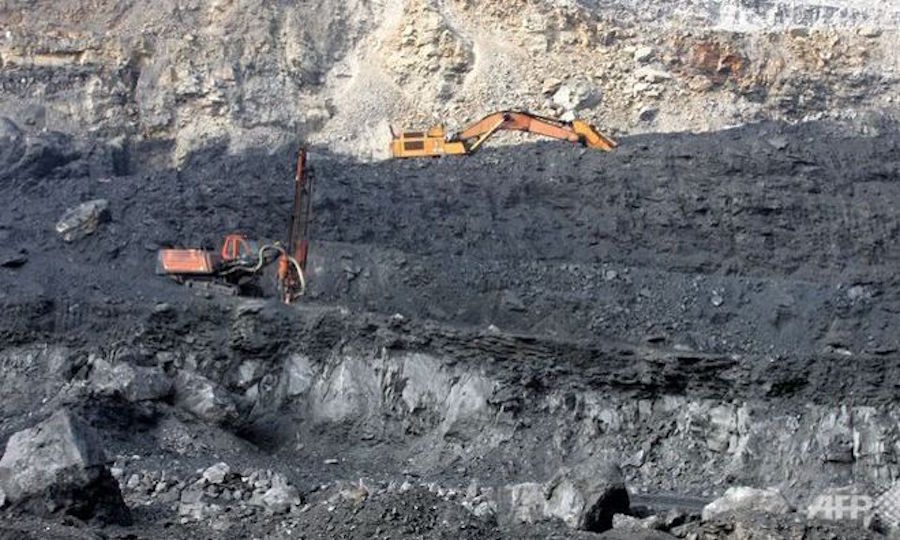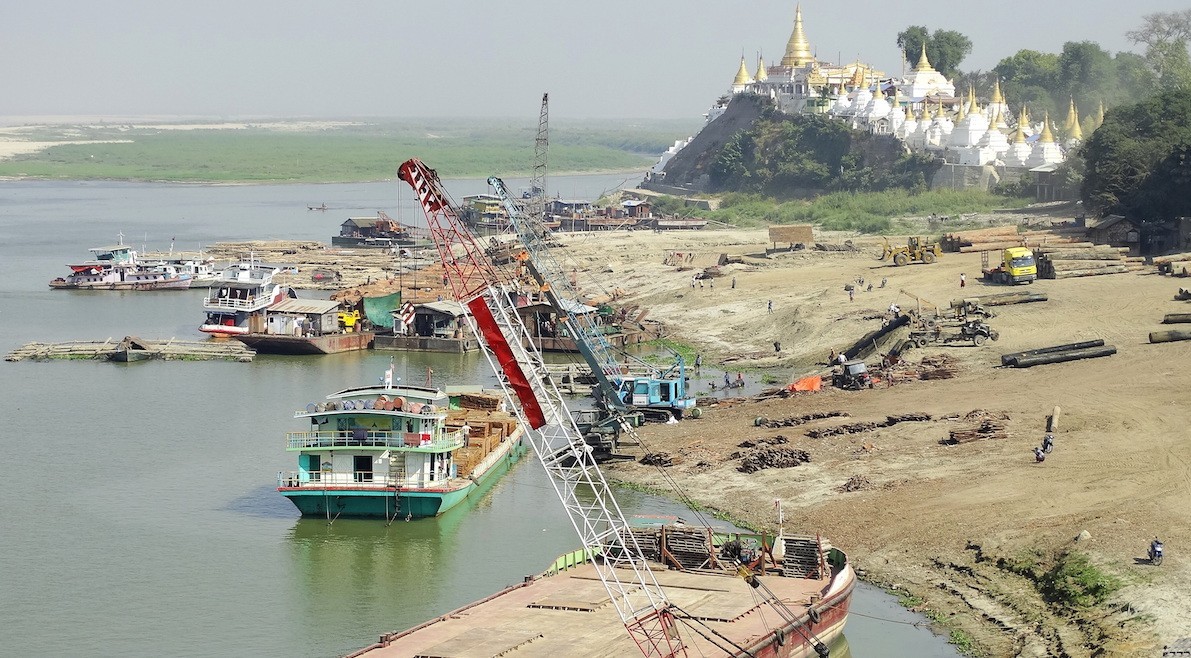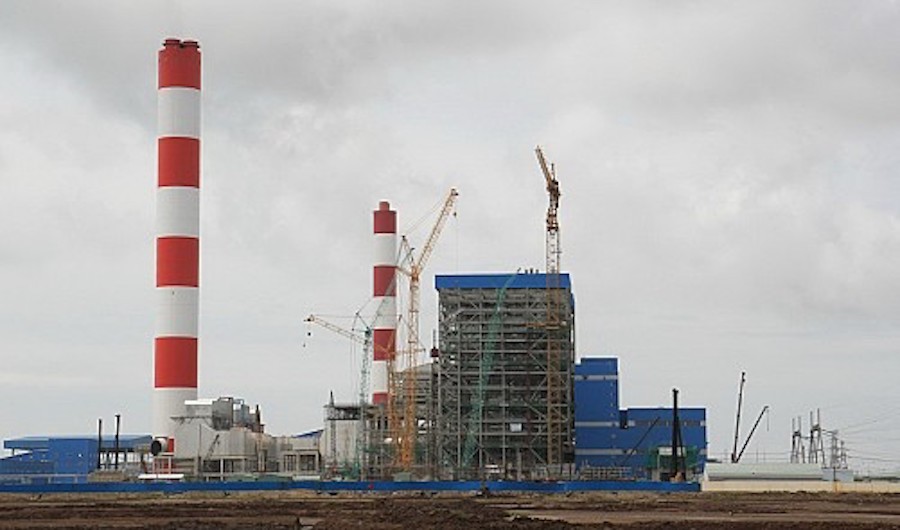The Mekong Delta’s Bac Lieu Province scrapped plans for a coal-fired thermal power plant to pursue clean-energy options, last week.
The provincial government has requested permission to withdraw from the project to build wind turbines. Bac Lieu is currently home to one of Vietnam’s three wind power plants, the other two are located in Binh Thuan Province just north of the tourist town Mui Ne.
Authorities in Bac Lieu expressed a desire to reserve local water resources for seafood farms, since thermal power plants require lots of water for cooling.
The Vietnam Sustainable Energy Alliance (VSEA) has released studies on coal plants in Hai Phong and Quang Ninh Province that discharge from their cooling systems measured nine degrees (centigrade) hotter than the temperatures in the surrounding waters.
Bac Lieu’s change of plans drew support from the central government and has been hailed by energy experts as a breakthrough in the country’s pursuit of dirty coal-fired power.
Vietnam scrambled to develop a new network of coal-fired plants after news of droughts and damage attributed to hydropower dams circulated widely in the media. Beyond popular discontent with the dams, experts say the country has already tapped every available hydrological resource for power.
The country spent more than $600 million importing 9.7 million tons of coal in the first eight months of the year, significantly exceeding its annual projections of a mere 4 million tons.
Officials have ascribed the spike in imports to urgent power needs.
The government has announced plans to build and opearte 14 coal-fired power plants in the Mekong Delta by 2030, adding a total capacity of around 18,000 megawatts to the power-hungry south. The scuttled plant in Bac Lieu was projected to contribute 2,600 of those megawatts.
However, the VSEA has warned that the 14 plants will discharge around 70 million cubic meters of 40°C water, posing significant risk to an aquatic ecology that sustains 20 million people.
Major concerns about the plants’ carbon dioxide emissions have also raised concerns about community health, experts said.
Last year, a joint study produced by Green Peace and Harvard University estimated that air pollution created by coal-fired power plants kills around 4,300 people in Vietnam each year; the study estimated that toll would rise to 25,000 per year if the Mekong Delta plants went into operation.
Bac Lieu’s green power ambitions may prove far-fetched given a lack of pricing support for clean power development.
The government’s pricing rules require the state-owned Electricity of Vietnam to pay wind power plants 7.8 U.S. cents a kWh – a rate roughly equivalent to the average retail price in the country.
Bui Van Thinh, vice chairman of the Binh Thuan Province Wind Power Association, told the Saigon Times Online that the current wind price isn’t high enough to draw needed investment.
The association has called on the government to raise wind prices to 10 U.S. cents this year and 12 U.S. cents in 2017.
Last year, officials in Binh Thuan and the neighboring province of Ninh Thuan revoked investment licenses for several projects that had stalled due to a lack of capital.
Photo credit: VN Express





